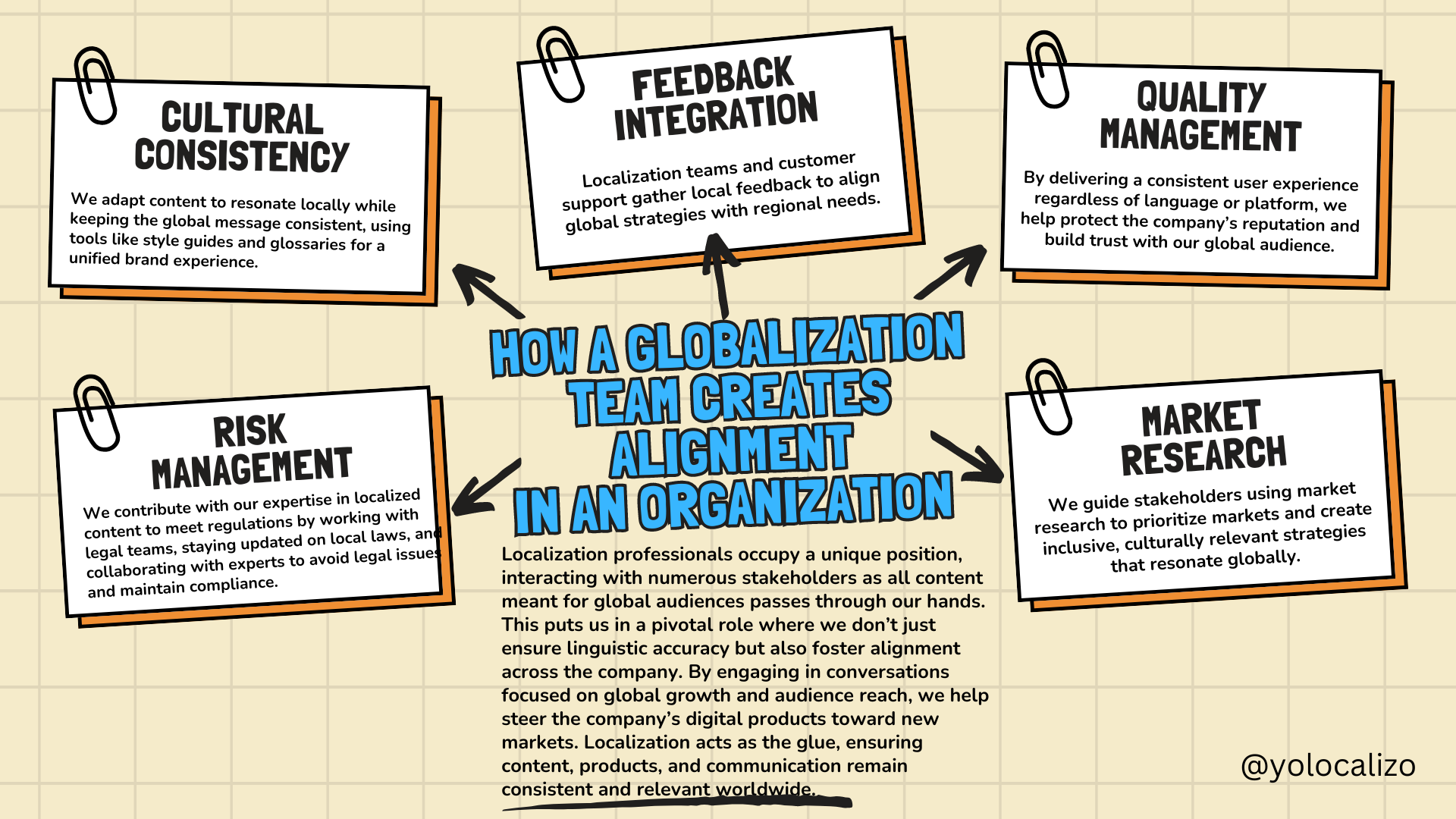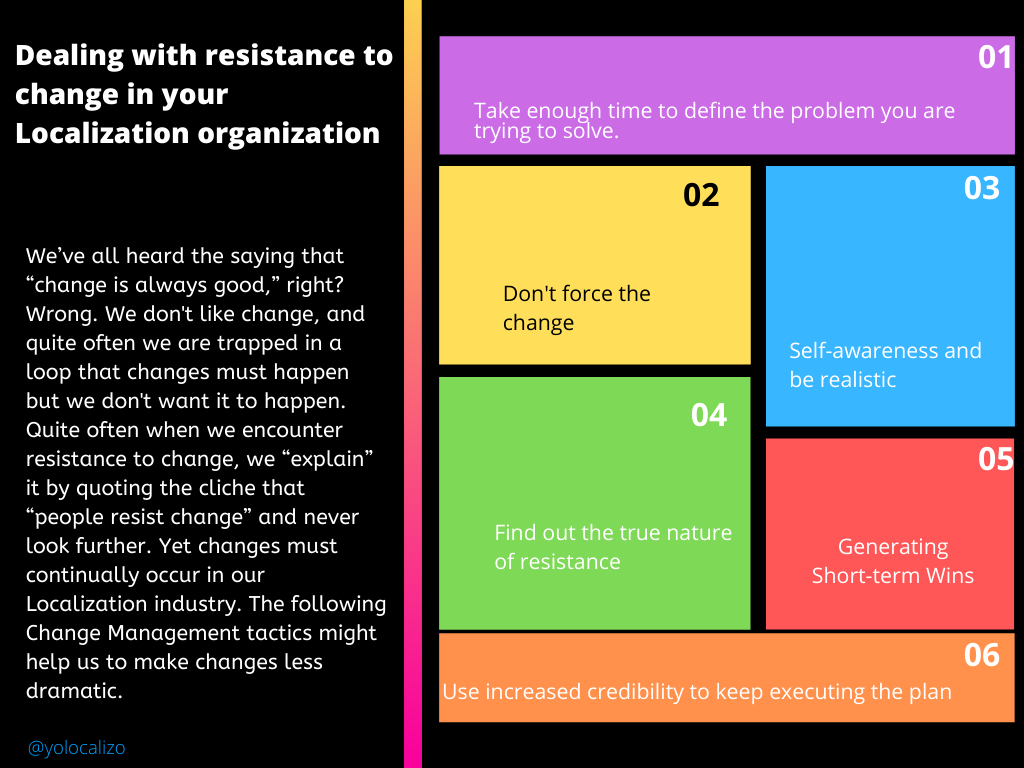My main 3 learnings while shaping new habits
I must admit that I’m as obsessed with how habits are shaped and maintained as Kylo Ren is obsessed with having Rey joining him to rule the far far away galaxy!
Habits are fascinating; they allow us to work on certain activities without even thinking about them. During this year I kept working on implementing different habits in my lifestyle; both, at work and in my daily personal habits. This post is not to explain which habits I implemented, that probably has ZERO interest for you! This post is related to my 3 main takeaways while learning more about habits.
Epiphany 1 - It’s ok to fail one day, the key is not failing two consecutive days -Be aware of the mind movie!
This happens quite often, and it was one of the main reasons for me to gradually abandon my different attempts to solidify new habits. Let’s say that I want to shape a habit to eat fewer carbohydrates and less fat/calorie food… and then I find myself on Saturday appetitive time enjoying a “gachas” with my parents/family
Gachas is a traditional Castilian “soup” prepared by shepherds back in the old days to keep them warm in the cold days while taking care of the flock.
“Gachas” is totally opposite to the new habit I want to introduce, they are prepared with bacon, chorizo, potatoes, flour … and you eat them with lots of bread! So, what I found is that it’s difficult to resist the temptation, in this case, eat some “gachas”! But the key is that after an exception, I need to come back … stay focus, and don’t fail again, two consecutive fails is dangerous. Because it’s when we might jeopardize the habit we are implementing. Failing one day while creating the habit it’s ok, failing 2 consecutive … it’s highly risky, failing 3- consecutive times ….the habit is not a habit, it’s “a broken dream”
Therefore the key here IMHO is to understand that while creating a habit we might fail one day, and that’s ok, we just need to be aware of the mind movie. And what’s the mind movie?, I’ll let Leo Babauta to explaining to you. I truly enjoy reading his blogs and books
“The Mind Movie is what stands in our way of making habit changes. It tells us that changing a habit should be easy and fun, but the reality is that we must wander outside our comfort zone.”
For me when I understood that implementing a new habit was tough and that it required effort and discipline …. and when I allowed myself to fail … funnily enough I was able to create more habits in one year than in the last 5! Failing one day is fine despiste of what the mind movie is telling us!
My favourite book about how to create new habits - a must have in my Kindle library
Epiphany number 2 - The power of micro habit
I’ve been trying to incorporate unsuccessfully for a long time to my gym routine the abs. Working on my abs exercises is my Achilles heel when in the gym. I feel uncomfortable, it hurts and the worst part I don’t really see results… maybe because my mind movie is telling me that I should have the abs of Cristiano Ronaldo … and my real mind makes me eat “gachas” 😃
For me what it was a great finding during the year is the power of micro habit. What’s a micro habit? It’s something so small, that it’s really difficult to say that I don’t have the time or the energy to do it. For example, to introduce the micro habit of doing abs, I started just doing abdominals for 30 seconds the first 2-3 days .. and then 1 minute … it’s difficult not to start doing something when it requires only 30-60 seconds at the beginning! they key is to create the trigger and to form … well, the habit. The micro habit approach has worked quite well for me in different areas of my life … for example, this morning I didn’t feel like writing a post, so I said myself “okay, I’ll write only for 5 minutes and that’s it for today” … and now it’s 30 minutes later and I feel like keeping writing … give it a try to the power of micro habit; it’s a great approach! Do you want to know more about micro-habits? Check out this interview in NBC news
Epiphany 3 - Track your habits
What’s the first habit you should build? I asked myself that question quite often, until one day this year accidentally I discovered this podcast And they gave the answer … the first habit to build….it’s the habit to track your own habits …. What a nonsensical approach, right? To build a habit the first habit is to control the habits .. dow! But actually, it makes sense. If I don’t stop to reflect, to analyze whether I’m doing my habits or not .. if I don’t take the time to think why I’m not doing them … then I’ll be just a “bunch of broken good intentions”
Check out here a podcast explaining in details this idea plus the tracking habit sheet (sorry, it’s in Spanish)
In summary ...
Mind movie, the power of micro-habits and the tracking of habits were the roots during this year to create new rituals for me; and I must admit that crafting new rituals is quite addictive. I’ve been always very curious to know why some people have time to achieve many things and others they barely have time for trivial activities …
I wondered that again yesterday. I was watching the 2017 Fifa Club WorldCup final between Gremio and Real Madrid. In the box seat I saw Florentino Perez. He’s not the only president of a top football club, but also CEO of ACS . A worldwide reference in the construction and services activities. 176,755 employees, over 2000 gross operating profit EBITDA … a titanic company … and there he was, he was watching the match in the United Arab Emirates. I would love to have a wine with some jamón ibérico with Florentino and talk about his habits, I would love to know more about his rituals that allow him to lead a group of galactic football players and a huge company worldwide … until that aperitif with him arrives, I’ll keep listening to podcasts and reading books/blogs about habits.
What about you? Any eye-opener situation you faced recently that it’s helping you to create nice habits? If so, please feel free to share your comments. I would love to hear more about it! I don’t pretend to become a “Florentino Perez” but I pretend to keep improving my lifestyle, so tell me what’s working for you! 😃
Have a great week!
@yolocalizo

















This post explores the key differences between working on the buyer versus the provider side of the localization industry. While there are some tasks common to both, others vary significantly in areas such as people management, operations, strategy, and metrics. The article breaks these tasks into four categories, providing examples for each to highlight these distinctions